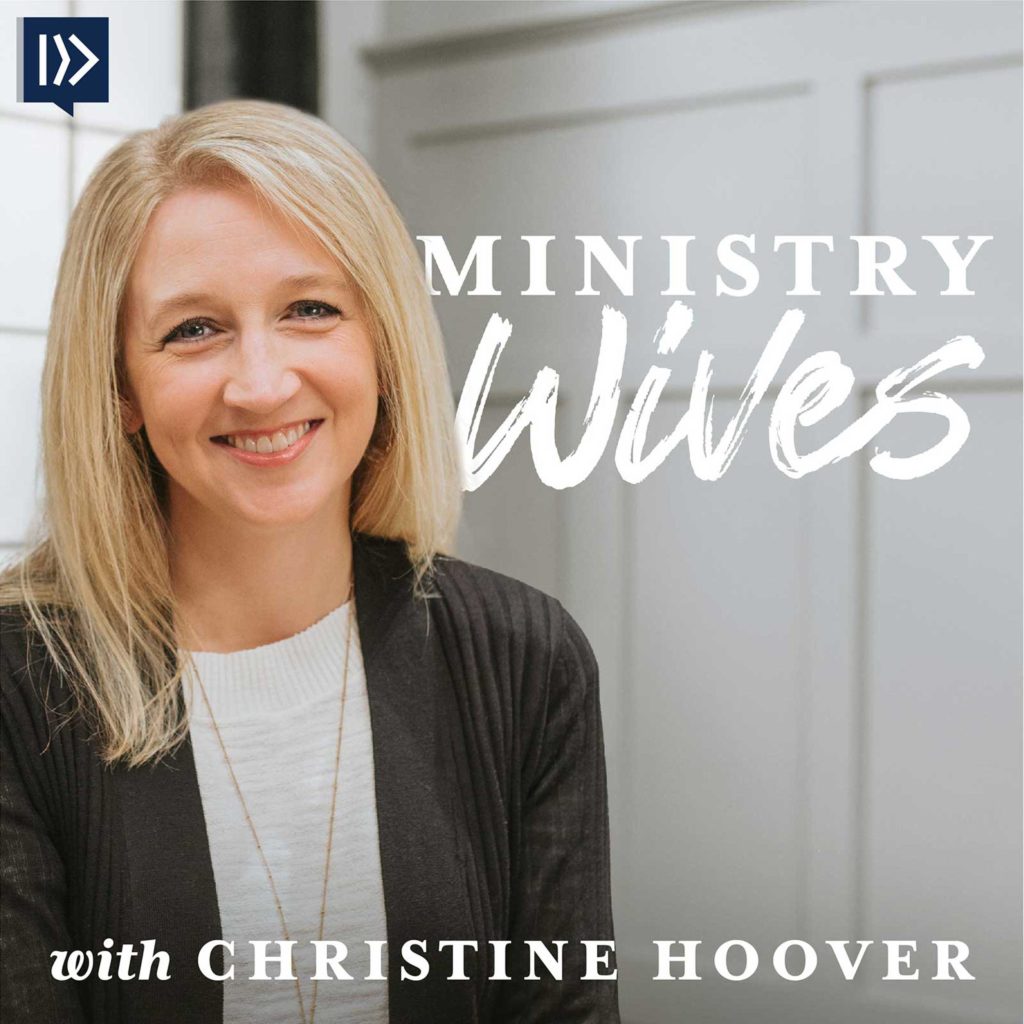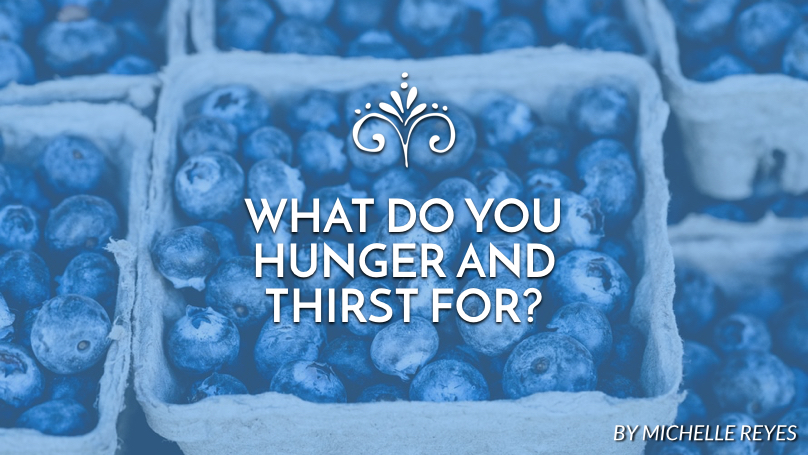When my mother died, I held on to the worn, dingy safety belt that adorned her waist for the last eight years of her life. A stroke and series of other brain incidents made her a fall risk. While she primarily existed in a wheel chair for the remainder of her life, she always wore this belt, which was a humbling experience for a healthy, strong soul.
The belt was the ever-visible public admission of weakness and frailty. Strong, self-sufficient people don’t wear safety belts.
I kept the belt to remind me of her journey. My strong, beautiful, “snappy” mother confined and debilitated. Her world permanently changed in seconds. It was hard to watch her exist with such limitations, yet exist she did—in fact she never stopped being strong, beautiful or “snappy.” Words failed her, her broken body failed her, but His power and her spirit did not.

My mother’s weaknesses fashioned new dependences on others, on wheelchairs, on a safety belt, yet primarily on Him. Those new dependences rewrote her story—they transformed her. It was His presence and power that prevented her from becoming bitter, angry or despondent. The last chapters of her life were not written in the manner she would have chosen but how oh beautifully she displayed the presence and power of God.
Yet we shun weakness or dependence. No one really values these words. We prefer words like strong, brave or independent. Yet the language of weakness or neediness is the language of brokenness. It is our brokenness not our self-sufficiency that drives us to God. If I were just speaking for me I would use the word “forced.” I am not sure how willingly or quickly I would ever laid down my self-reliance. My late husband Rick Ferguson cited this Ron Dunn quote repeatedly, “No man trusts God until he has to.”
My suffering, disappointment, failures and losses have weakened me. Grief nearly took me under. Yet there is no denying that God used these things to transform me. Here are three ways weakness changes us.
“Maybe grieving over plans changed is part of the plan to change us.” —Ann Voskamp, The Broken Way
1. Weakness humbles us
God is not afraid to see our hearts humbled because He knows it’s our humility that drives us to Him. Recently I was reminded via Hannah Anderson’s book Humble Roots –that humility is not merely a feeling we have about ourselves. She says, “Theologically speaking humility is a proper understanding of who God is and who we are as a result.”
She nailed what I have seen humility accomplish in my life—it repositioned God to His rightful place as omnipotent Creator God and me to frail created being.
“So to keep me from becoming conceited because of the surpassing greatness of the revelations, a thorn was given me in the flesh” (2 Corinthians 12:7).
2. Weakness create new dependencies
It was only when my mother lost the use of her legs that she began to depend on the wheelchair. It was only when I lost sources of joy (my life with my husband) that I turned to God for my true, ultimate source of Joy. When my faith was fragile and limping it was then that I asked God to strengthen it and me.
When flawed sources of strength, hope, joy, love and meaning fail us we are forced to rely on God in ways we never needed Him before.
“Three times I pleaded with the Lord about this, that it should leave me.But he said to me, ‘My grace is sufficient for you, for my power is made perfect in weakness'” (2 Corinthians 12:8-9a).
3. Weakness is a stage for His glory
There is no confusing the source of our strength in our weakest moments.
In cancer, strokes, car accidents, moral failure, addiction, eating disorders, rebellion (either our or our children), church conflicts, depression … any form of weakness are places GOD can be fully on display. Our weakness becomes our strength when God enters into our weakness—His presence and power are unmistakable. Not just to us but by the world around us.
Joni Eareckson Tada. “You were made for one purpose, and that is to make God real to those around you.”
God has been far more glorified in my weaknesses than my strength, which finally made this verse understandable, “I will all the more gladly boast of my weaknesses, that the power of Christ may rest upon me” (2 Corinthians 12:9b)
This is what John Piper says about our weaknesses:
“God has not given them to you in vain. Identify them. Accept them. Exploit them. Magnify the power of Christ with them. Don’t waste your weaknesses. If he wills to show the perfection of his Son’s power in our weakness instead of by our escape from weakness, then he knows best; trust him.”
Published May 18, 2017



